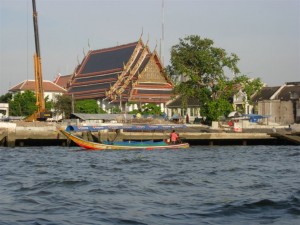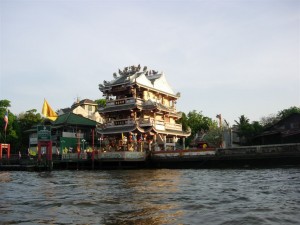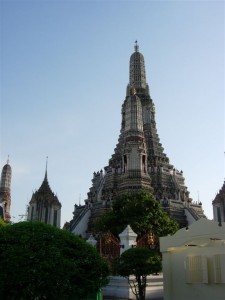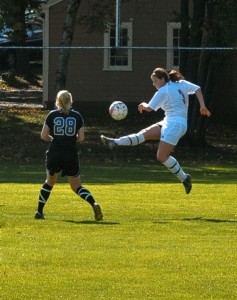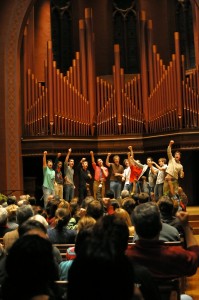This past weekend the Board of Trustees, including its faculty, student and staff representatives, spent hours discussing some of the key themes that will form the strategy for Wesleyan going forward. We discussed together elements of our core purpose, and some of the crucial values that have guided the institution for years. Many of the key words will be familiar to Wesleyan folks: transformative liberal arts experience, service, creative and critical thinking, inspired teaching. We quickly developed a consensus around the central elements of our core purpose.
We then settled on four main elements of strategy: Energizing Wesleyan’s Distinctive Educational Experience; Achieving Recognition as an Extraordinary Institution; Delivering Excellent Stakeholder Experiences (for students, alumni, faculty, and staff); Working Within a Sustainable Economic Model. Within each of these areas we developed some key aspects on which we will be working over the next few months to focus our use of intellectual energy and financial resources.
The work we did this past weekend helps refine the framework for planning that I’ve distributed as Wesleyan 2020. On Sunday night I met with the Wesleyan Student Assembly to discuss the retreat and any concerns students might have. As usual, there were great questions concerning the curriculum, budget and other campus issues. I always learn a lot from meeting with the student leadership.
We are refining our ideas for the future and working together to coordinate all our efforts to help Wesleyan live up to its potential. This afternoon I met with the faculty ad hoc committee to discuss more short term budget priority issues. There was much common ground, but still some difficult choices ahead. With our shared sense of purpose, I am confident that we will be successful in steering our school through these uncertain economic times.
Over the weekend we took a break to dedicate the new Sukkah designed by Prof. Elijah Huge and his students in an architecture studio class. It was a joyous occasion, and the sight of the beautiful temporary bamboo structure on Foss Hill makes me smile each time I see it. You can wander into the Sukkah to study, or to play music, or just to lie on the grass to see the light shine through the bamboo. It’s a shelter and an inspiration. In this way, it reminds me of Wesleyan.
[tags]Board of Trustees, WSA, budget, Sukkah, Elijah Huge[/tags]



